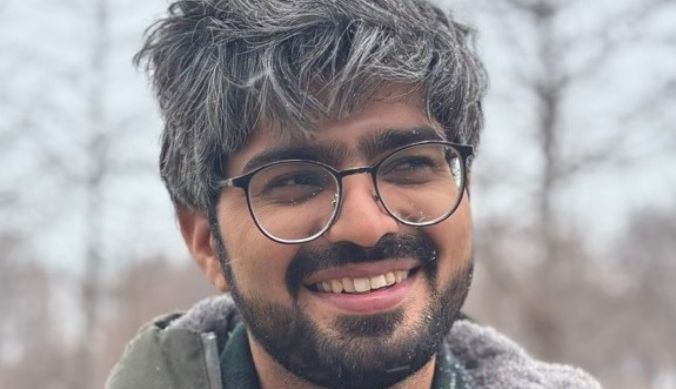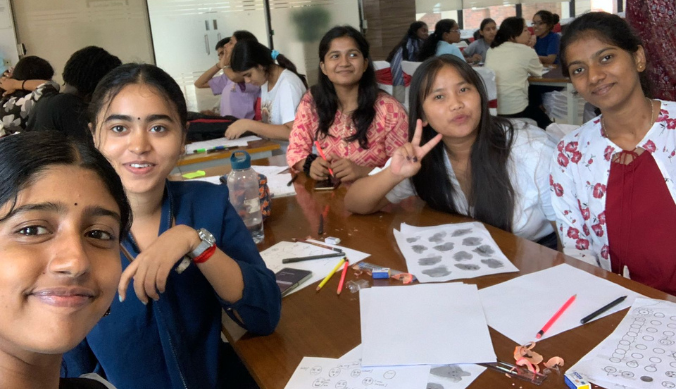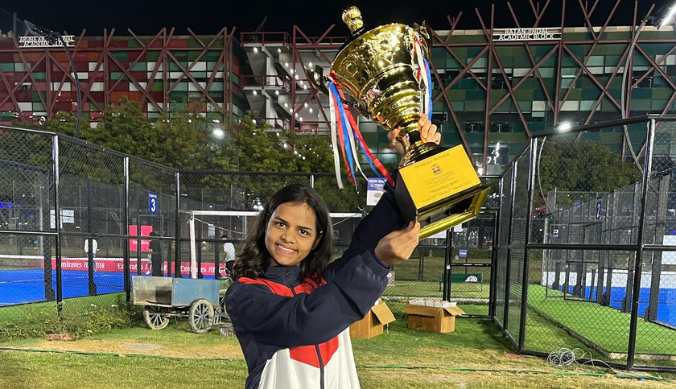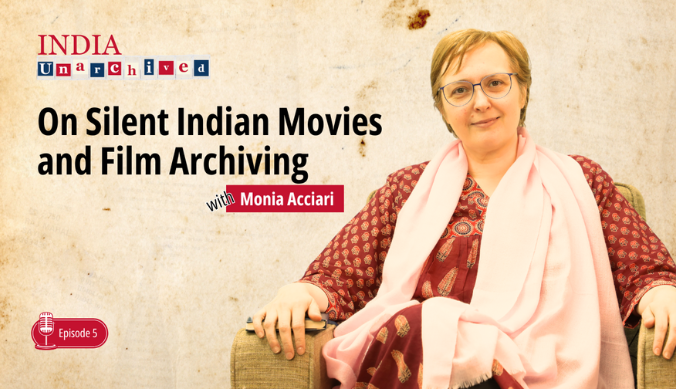LGP and University of California: Empowering Students Through Global STEAM Collaboration
The collaboration between UCSC’s CrEST department and Ashoka University’s Lodha Genius Programme (LGP) is an excellent opportunity for bright LGP school students to get exposed to world-class science.
The University of California, Santa Cruz (UCSC) Creating Equity in STEAM (CrEST) department has a strong focus on engaging youth in critical thinking in the context of STEAM research, with a strong emphasis on youth from historically excluded groups: BIPOC (Black, Indigenous, People of Color) students, students from low-income families, and first-generation college aspirants.
LGP students are actively involved in two of the three prestigious STEAM (Science, Technology, Engineering, Art, and Math) experiential learning programmes run by UCSC’s CrEST: Shadow the Scientists (StS) and Science Internship Programme (SIP). The collaboration between UCSC’s CrEST department and Ashoka University’s Lodha Genius Programme (LGP) is an excellent opportunity for bright LGP school students to get exposed to world-class science in a truly international environment during the SIP summer programme at UCSC. This collaboration, which is fully funded through equal contributions from LGP and CrEST, enables a handful of high school students who are part of LGP (who have therefore cleared the rigorous selection process) to engage in a research-oriented summer that can not only improve their experience and exposure to cutting edge research but also help create a vast global network that will be beneficial to them throughout their career. The StS programme provides a unique set of opportunities for all LGP high school students to engage with scientists while the scientists are performing experiments of real-world relevance. StS allows school students to get this experience without having to leave the comfort of their own homes. SIP and StS span a wide range of subject areas in arts, engineering, humanities, natural sciences, and social sciences. This multifaceted set of experiences promises to add value to school students’ enriching LGP summer experience and continued school-year learning experience.
Shadow the Scientists (StS)
A few times a month, StS offers free online experiential learning sessions for students at any/all academic levels, educators, and other enthusiasts. During each of these sessions, participants from around the world eavesdrop via Zoom on researchers who are in the midst of an active research session. StS started in astronomy (astronomers using some of the world’s most powerful telescopes) at the height of the COVID-19 pandemic in the fall of 2020, but the programme has since expanded to include other scientific disciplines such as stem cell biology, tropical forest ecology, oceanography/paleoclimatology, planetary sciences, solar physics, volcanology, telescope engineering, and Indigenous epistemology. Plans are underway to schedule StS sessions in more subject areas of research, and the goal is to ultimately expand StS into many more areas beyond science. In the fall of 2022, StS received a generous grant from the Heising-Simons Foundation.
Science Internship Programme (SIP)
The SIP programme engages high school students (and some community college/college undergraduate students and teachers) in university-level open-ended research projects in a variety of academic disciplines in the physical and biological sciences, engineering, social sciences, humanities, and art. SIP interns work in small groups of 3 or more and each group is supervised by a PhD student, postdoc, and/or research staff at UCSC. SIP is a fee-based programme that is primarily for high school students aged 14–17. About a third of the high school students in SIP are on full scholarships which cover tuition, room, board, and, in some cases, transportation. The programme is open to students from all over the world. SIP runs for 8 weeks each summer from mid-June to early August.
A limited number (<~25) of SIP intern spots are available for community college students, pre-service teacher college undergraduates, and teachers through existing partnerships with Foothill College, California Polytechnic State University San Luis Obispo’s STEM Teacher and Researcher (STAR) programme, and Centre for Teacher Accreditation (CENTA), respectively. The programme started in 2009 with 3 high school students from 1 Bay Area high school who worked in a single subject area (astrophysics) in one research group. Over its 16 years of existence, the programme has expanded greatly: this past summer (2024), over 400 students from 200+ high schools located in California, two dozen other US states, and 36 other countries took part in the programme.
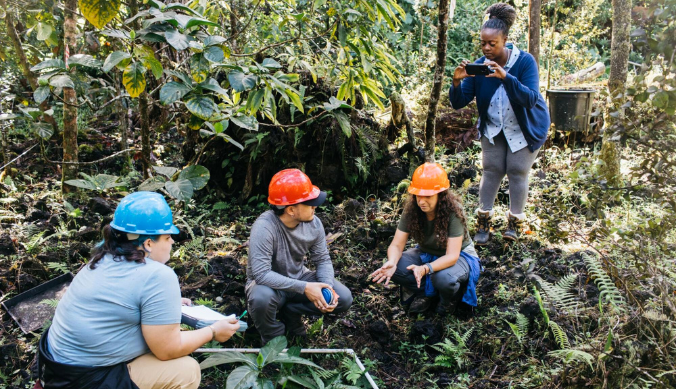
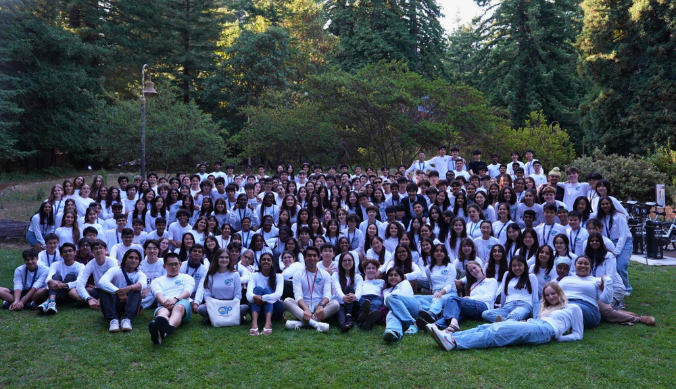
(Written by Puragra Guhathakurta, Founder and Faculty Director, Creating Equity in STEAM(CrEST), University of California, Santa Cruz)
Study at Ashoka









